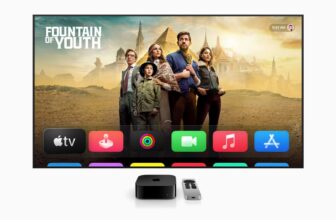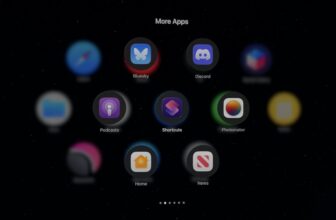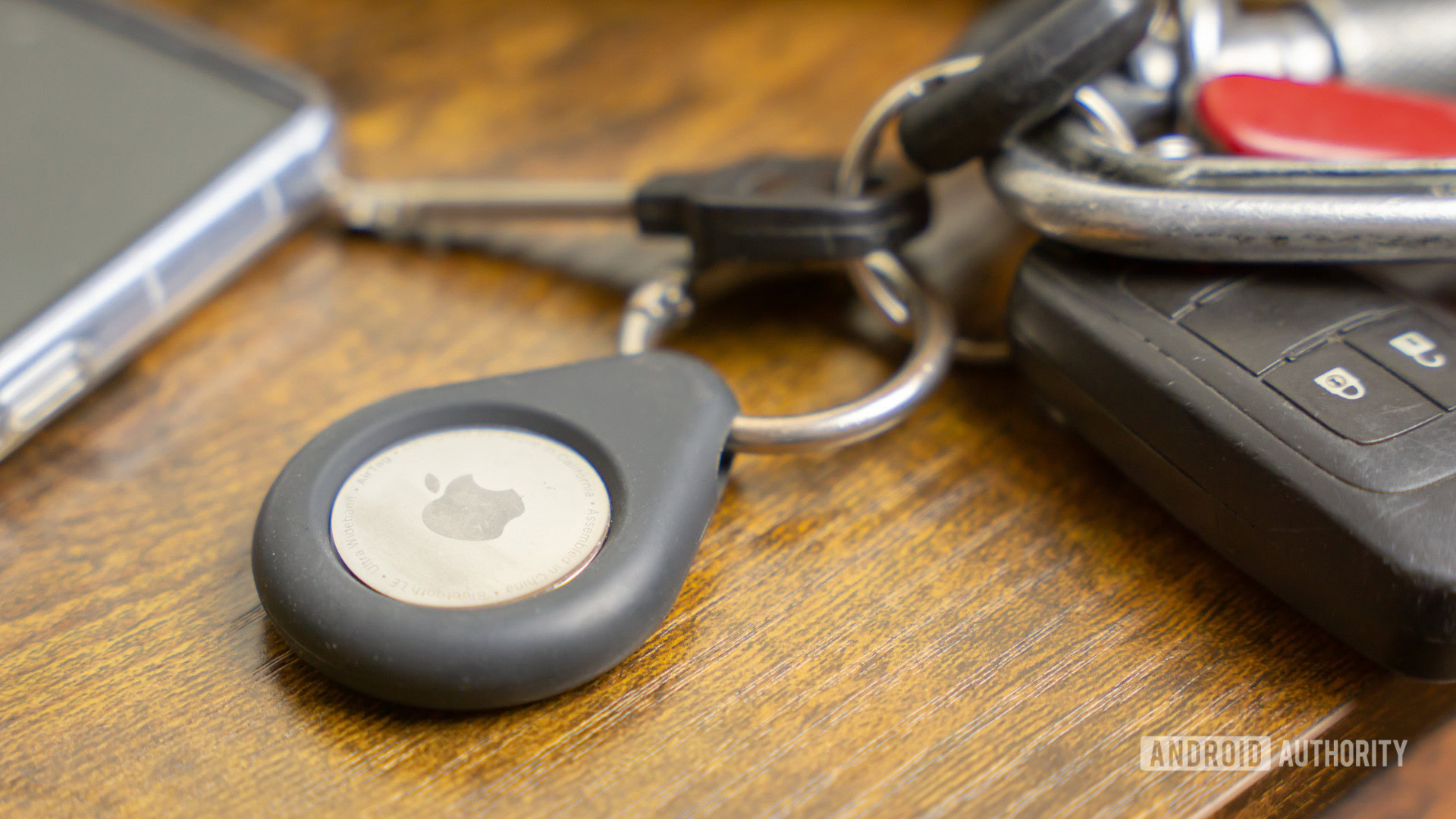

Edgar Cervantes / Android Authority
I like my Airtags — they’ve saved me from numerous lost-and-found complications and are a continuing companion for all the pieces from my home keys to my automotive keys, backpack, and even my vape. The exact location monitoring, loud ringers, and seamless integration with the iPhone’s Discover My community have made them indispensable for preserving monitor of all my necessities. They’re a kind of little tech upgrades that make you surprise the way you ever managed with out them.
However like most issues in tech, good tags are a double-edged sword. Whereas they’ve added comfort to my life, recently, my Airtags have additionally turn out to be a supply of fixed irritation. Android’s unknown tag alert system — launched to assist forestall undesirable monitoring — has ensured that there’s not often a day after I’m not bombarded by notifications about “unknown” trackers.
Airtags are indispensable, however fixed alerts make them as irritating as they’re useful.
Now, don’t get me incorrect: I perceive the significance of those alerts. They’re a mandatory safeguard in opposition to the misuse of monitoring units for stalking or different nefarious functions. If a bit of annoyance is the value for enhanced safety, I’m okay with it. However there’s a distinction between a well-implemented safety characteristic and one which turns into a every day nuisance, and sadly, this falls into the latter class.
Are you getting spammed by tracker notification alerts?
1 votes
The issue with persistent alerts
I stay in a multi-platform family and use each Android and iOS units. And for the previous few months, each time I step out of my dwelling — with my home keys geared up with an Airtag — and even return, my Android telephone pings me with alerts about an “unknown tracker detected close by.” It’s not simply restricted to my very own units both; if I’m touring with a buddy or member of the family who carries an Airtag, my telephone instantly assumes I is perhaps beneath surveillance.
Take a latest occasion after I borrowed my spouse’s keys for an errand. Her keychain, like mine, has an Airtag connected. Inside a couple of minutes of stepping outdoors the home, my telephone lit up with warnings about an unfamiliar tracker following me.
I am glad that the system works as promised, however there must be extra management.
Mockingly, the tracker was simply doing its job — staying with the keys — however I needed to put up with repeated alerts for your complete length of my journey. There’s at present no manner, simple or sophisticated, to whitelist these tags as “secure,” so the system retains spamming me with notifications.
This subject isn’t restricted to folks like me who dual-wield platforms. Think about a household with a number of units throughout Apple and Android ecosystems. A misplaced key or a tracker connected to a toddler’s backpack might flip an in any other case good safety characteristic into an annoyance for anybody close by.
Alert fatigue is the true danger
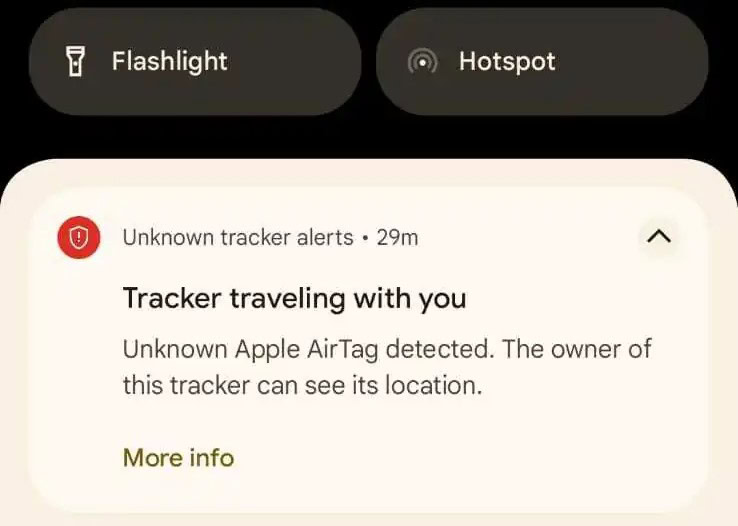
Rita El Khoury / Android Authority
What issues me much more than the persistent pings is the potential for alert fatigue. Over time, I’ve turn out to be so used to dismissing these notifications for my very own units that I barely look at them anymore. If, in some unlikely however potential state of affairs, somebody did attempt to slip an Airtag into my bag or automotive, I’d dismiss the alert and not using a second thought.
I’ve already began dismissing tracker alerts, and if the tracker spam continues, it is probably I would dismiss a real alert.
This defeats your complete function of the system. What begins as a characteristic meant to make sure security finally ends up undermining itself by overwhelming customers. If folks don’t belief these notifications — or worse, begin ignoring them completely — they turn out to be meaningless.
What’s the repair?
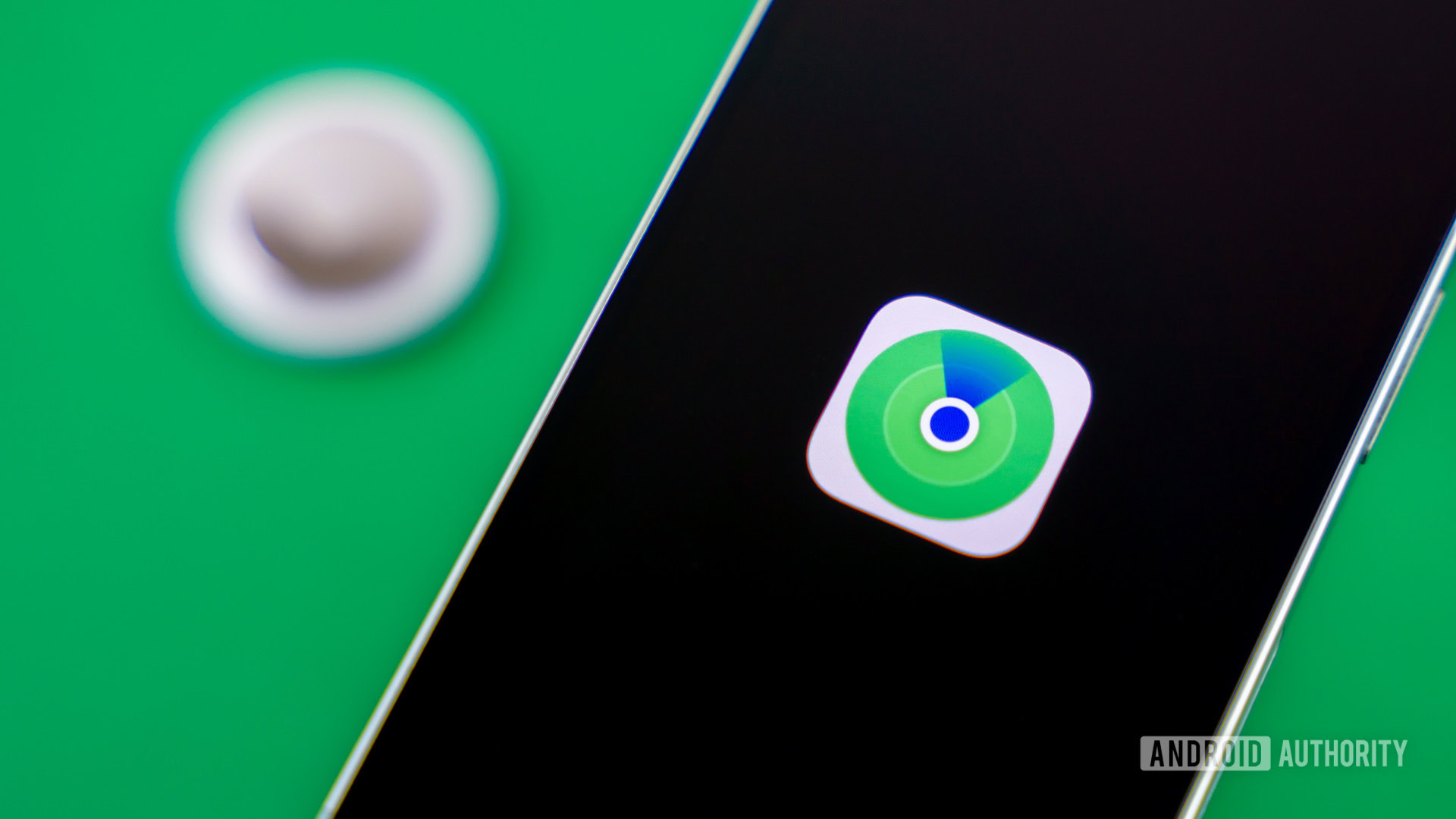
Edgar Cervantes / Android Authority
The answer to this drawback doesn’t must be sophisticated. All it actually wants is the flexibility to mark sure tags as “secure.” Whether or not you name it whitelisting or recognized units, the concept is easy: enable customers to designate trackers they know and belief to keep away from pointless notifications.
For instance, if I steadily carry my companion’s keys or borrow a bag from a buddy, I ought to be capable to approve their Airtags on my machine. This might work by way of a immediate when an alert seems, asking if the tag is secure and letting you affirm it—probably even with further layers of authentication, like affirmation from the tracker’s proprietor.
The flexibility to white record trackers is an important characteristic that ought to’ve been accessible at launch.
Neither Android nor iOS at present affords this characteristic, however it looks like an apparent subsequent step for each platforms. In spite of everything, they’ve already collaborated on a shared specification for tracker alerts. Extending this performance to incorporate whitelisting would go a great distance towards lowering pointless interruptions with out compromising safety.
In fact, any system that enables whitelisting wants safeguards to forestall misuse. As an example, there may very well be a time restrict for the way lengthy a tracker stays whitelisted, requiring periodic reauthorization. Alternatively, the tag’s proprietor might retain management, making certain that solely permitted units can whitelist their tracker.
This isn’t only a drawback for Apple and Google to resolve individually — it’s a shared problem that impacts hundreds of thousands of customers throughout each ecosystems. By working collectively to refine their tracker alert programs, they’ll strike a greater steadiness between safety and value.
A greater, and safer, expertise for everybody
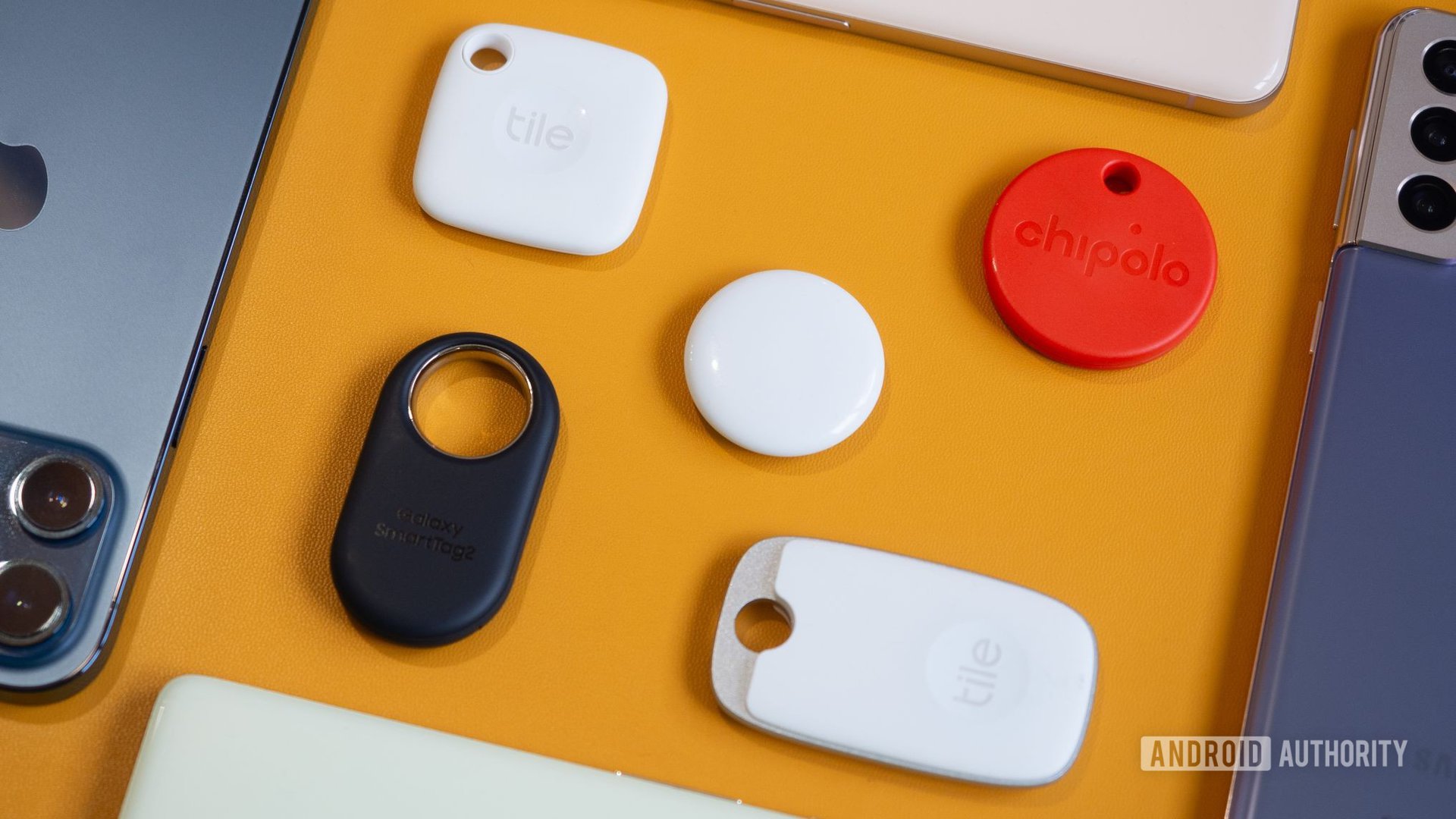
Rita El Khoury / Android Authority
Sensible tags like Airtags have introduced important comfort to our lives, however their rising ubiquity calls for smarter options for the way we work together with them. The present alert programs, whereas well-intentioned, are too missing in options for the complexities of recent multi-device households. With a bit of fine-tuning — beginning with the flexibility to whitelist trusted trackers — Apple and Google could make these programs each safer and extra user-friendly.
Till then, I’ll preserve dismissing the notifications, hoping I don’t miss the one that actually issues.



